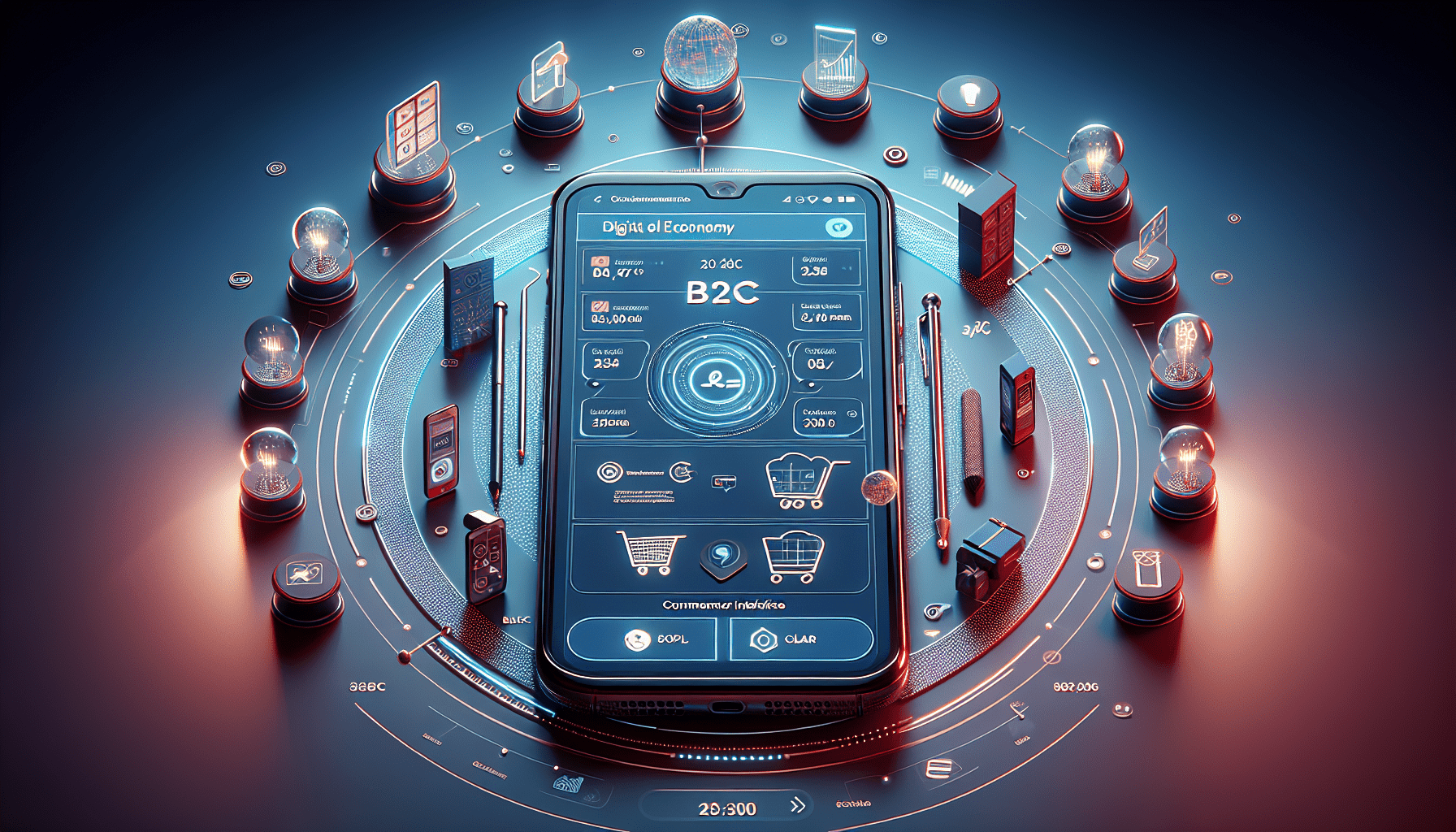The Importance of Effective B2C Communication Strategies in E-commerce
In the fast-paced world of e-commerce, communication plays a crucial role in building trust and loyalty with your customers. Implementing effective business-to-customer (B2C) communication strategies can help you stand out from the competition, increase customer satisfaction, and boost sales. This article will guide you through the various strategies you can use to enhance your communication with customers in the e-commerce space.
Why is B2C Communication Important in E-commerce?
B2C communication is essential in e-commerce because it allows you to connect with your customers on a personal level, understand their needs and preferences, and provide them with a seamless shopping experience. By communicating effectively with your customers, you can build trust, strengthen relationships, and improve customer retention.
Understanding Your Target Audience
Before you can effectively communicate with your customers, you need to understand who they are. Take the time to analyze your target audience’s demographics, interests, and shopping behaviors. This information will help you tailor your communication strategies to resonate with your customers and meet their specific needs.
Utilizing Multiple Communication Channels
In today’s digital age, customers expect to interact with businesses through a variety of channels. From email and social media to live chat and phone support, make sure you are present on the platforms where your customers are most active. By utilizing multiple communication channels, you can reach a wider audience and provide a seamless shopping experience for your customers.
Personalizing Your Communication
Personalization is key to effective B2C communication in e-commerce. Consider using customer data to personalize your messages, recommendations, and promotions. Address your customers by name, recommend products based on their previous purchases, and send targeted offers that align with their interests. Personalizing your communication shows your customers that you value their individual preferences and fosters a strong sense of loyalty.
Implementing Effective B2C Communication Strategies
Now that you understand the importance of B2C communication in e-commerce, let’s explore some effective strategies that you can implement to enhance your communication with customers.
Creating Engaging Email Campaigns
Email marketing remains one of the most effective communication channels in e-commerce. Create engaging email campaigns that provide value to your customers, such as exclusive discounts, product recommendations, and informative content. Segment your email list based on customer preferences and behavior to send targeted messages that are relevant to each recipient.
Building a Strong Social Media Presence
Social media is a powerful tool for engaging with customers and building brand awareness. Use platforms like Facebook, Instagram, and Twitter to interact with your audience, share valuable content, and showcase your products. Respond promptly to customer inquiries and feedback on social media to demonstrate your commitment to excellent customer service.
Implementing Live Chat Support
Live chat support is a convenient way for customers to get immediate assistance while shopping on your website. Implement a live chat feature that allows customers to ask questions, resolve issues, and receive personalized recommendations in real-time. By providing prompt and helpful support through live chat, you can enhance the overall shopping experience for your customers.
Sending Personalized Product Recommendations
Personalized product recommendations are a great way to upsell and cross-sell to your customers. Use data analytics and machine learning algorithms to suggest products that are relevant to each customer’s preferences and shopping history. By sending personalized product recommendations via email or on your website, you can increase customer engagement and drive sales.
Collecting Customer Feedback
Listening to your customers is essential for improving your communication strategies and making informed business decisions. Collect customer feedback through surveys, reviews, and social media comments to understand what your customers like and dislike about your products and services. Use this feedback to make adjustments and improvements that meet your customers’ needs and expectations.
Providing Seamless Omnichannel Experience
An omnichannel approach to communication ensures a seamless experience for customers across all touchpoints. Whether a customer interacts with your brand through your website, social media, email, or in-store, make sure the communication is consistent and personalized. By providing a cohesive omnichannel experience, you can build trust, increase customer loyalty, and drive repeat purchases.

Measure and Analyze Your Communication Strategies
Once you have implemented your B2C communication strategies, it is essential to measure their effectiveness and analyze the results. Use key performance indicators (KPIs) such as open rates, click-through rates, conversion rates, and customer satisfaction scores to evaluate the impact of your communication efforts. Analyze the data to identify trends, opportunities for improvement, and areas where you can optimize your communication strategies further.
A/B Testing Your Communication Campaigns
A/B testing is a valuable method for optimizing your communication campaigns and improving your engagement with customers. Test different variations of your emails, social media posts, and product recommendations to see which messages resonate most with your audience. Use the insights from A/B testing to refine your communication strategies and deliver more personalized and effective messages to your customers.
Utilizing Customer Relationship Management (CRM) Tools
Customer Relationship Management (CRM) tools can help you manage customer data, track interactions, and streamline your communication efforts. Use CRM software to store customer information, segment your audience, and send targeted messages to different customer groups. By leveraging CRM tools, you can enhance your communication strategies, build stronger relationships with your customers, and drive business growth.

Conclusion
Effective B2C communication is vital for success in e-commerce. By understanding your target audience, utilizing multiple communication channels, personalizing your messages, and implementing effective communication strategies, you can build trust, increase customer loyalty, and drive sales. Continuously measure, analyze, and optimize your communication efforts to ensure they resonate with your customers and deliver a memorable shopping experience. By prioritizing effective B2C communication in e-commerce, you can differentiate your brand, stand out from the competition, and create lasting relationships with your customers.
